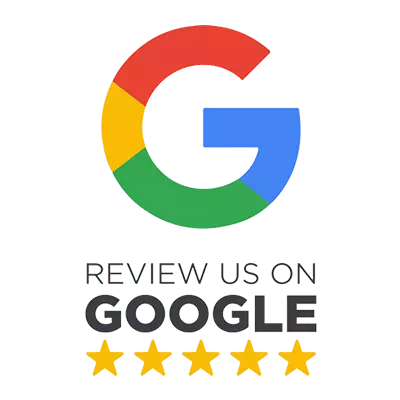In this article we’ll dive into a topic that’s crucial for sustainable growth and long-term success: lifecycle costing in asset management.
Picture this: you’ve got assets spread across your organization, from machinery to technology infrastructure.
How do you ensure you’re getting the most bang for your buck over their entire lifespan? That’s where lifecycle costing comes in.
Understanding Lifecycle Costing
Lifecycle costing isn’t rocket science, but it’s often overlooked.
Simply put, it’s about considering all costs associated with an asset throughout its life, from acquisition to disposal.
Yep, that includes maintenance, repairs, and even energy consumption.
By taking this holistic approach, you get a clear picture of the true cost of ownership.
Benefits of Lifecycle Costing in Asset Management
Lifecycle costing (LCC) offers a range of benefits for organizations looking to optimize their asset management strategies.
Here’s a breakdown of some key advantages:
- Informed Decision-Making: LCC moves the focus beyond just the initial purchase price. By considering all costs across the asset’s lifespan, organizations can make data-driven choices when acquiring new assets. This ensures they select options that deliver the most value in the long run, even if they have a slightly higher upfront cost.
- Optimized Asset Performance: LCC promotes proactive maintenance strategies. By planning and budgeting for maintenance throughout the asset’s life cycle, organizations can prevent costly breakdowns and ensure the asset operates efficiently. This not only extends the lifespan of the asset but also avoids disruptions caused by unexpected failures.
- Reduced Costs: LCC helps identify areas where expenses can be minimized. A seemingly inexpensive asset might have high maintenance costs down the line, making it a less cost-effective option overall. LCC analysis helps uncover these hidden costs, allowing organizations to make cost-saving decisions.
- Strategic Asset Replacement: LCC plays a vital role in determining the optimal time to replace an asset. By comparing the ongoing maintenance costs of an aging asset with the expenses of acquiring and operating a new one, organizations can make informed decisions about replacements. This avoids situations where they’re pouring money into maintaining an asset that’s nearing the end of its useful life.
- Improved Sustainability: LCC can encourage the selection of assets with lower environmental impact. By considering disposal costs at the end of the asset’s life, organizations might opt for assets that can be easily recycled or repurposed, reducing environmental footprint.
- Long-Term Value Creation: LCC fosters a holistic approach to asset management. It encourages organizations to move beyond short-term thinking and focus on the bigger picture. By considering all costs throughout the asset lifecycle, organizations can make strategic decisions that create long-term value and optimize their return on investment.
Challenges in Implementing Lifecycle Costing
Here are some of the key hurdles organizations might face:
- Data Availability and Accuracy: LCC requires comprehensive data on all costs associated with an asset over its lifespan. This can be difficult to gather, especially for historical data or when dealing with complex assets. Additionally, the accuracy of estimations for future costs like maintenance or disposal can be uncertain.
- Long Time Horizons and Uncertainty: LCC analyses typically deal with extended timeframes, often spanning decades. Predicting future costs like energy prices, technology advancements, or maintenance needs can be challenging due to inherent uncertainties.
- Subjectivity in Assumptions: LCC calculations rely on assumptions about factors like discount rates (the value of future cash flow) and inflation rates. These assumptions can be subjective and significantly impact the final LCC results.
- Integration with Existing Processes: Implementing LCC might require integrating it with existing asset management practices and software systems. This can be a complex task, requiring changes in workflows and staff training.
- Short-Term Focus vs. Long-Term Value: Organizational decision-making can sometimes prioritize short-term financial goals over long-term value creation. This can make it difficult to justify investments in proactive maintenance or assets with higher upfront costs but lower lifecycle costs.
Conclusion
And there you have it, folks! Lifecycle costing isn’t just a buzzword; it’s a game-changer for asset management.
By taking a people-first approach and embracing the power of data, we can unlock long-term value and drive sustainable growth.
So let’s get out there, make informed decisions, and maximize the potential of our assets.
Together, we can build a brighter future for asset management in South Africa and beyond!








